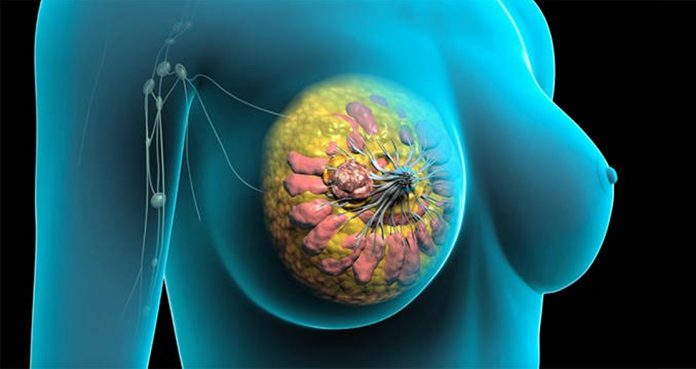According to new research, a diabetes drug called metformin can change stem cancer cells in such a way that it can make the cells easier to target with a new type of treatment. Researchers said that the findings could help treat one of the aggressive forms of breast cancer, called triple-negative breast cancer.
Other types of breast cancer usually depend on hormone receptors, such as progesterone and estrogen, for growth and proliferation. So, targeting these hormone receptors helps to treat the condition successfully.
However, unlike these common forms of breast cancer, triple-negative breast cancers lack all of these hormone receptors, which is why doctors find this type of breast cancer difficult to treat.
In the United States, triple-negative breast cancer is twice as likely to happen in black women when compared with white women.
According to recent studies, cancer stem cells are considered a potential target when it comes to treating triple-negative breast cancer. Cancer stem cells are found to hold the key for the development and spread of triple-negative breast cancer.
In what could be a groundbreaking discovery, researchers might have found a way to weaken cancer stem cells and make the tumor more vulnerable to treatment.
A research team led by Jeremy Blaydes from the University of Southampton, UK, found that metformin, a diabetes drug, can change the metabolism of cancer stem cells, making them much easier to target and forming a new treatment.
The researchers explained that cancer stem cells usually depend on oxygen as well as glucose (sugar) to generate the energy they need to thrive and survive. However, these cells, under dire environmental conditions, can adjust their metabolism to rely more on glucose than oxygen.
Blaydes and his team treated these cells with low-dose metformin, a popular oral hypoglycemic agent that controls blood sugar levels in patients with type 2 diabetes, for more than eight weeks. Their experiment forced the cancer stem cells to develop an addiction to glucose, changing their metabolism and making them more vulnerable to treatment.





















